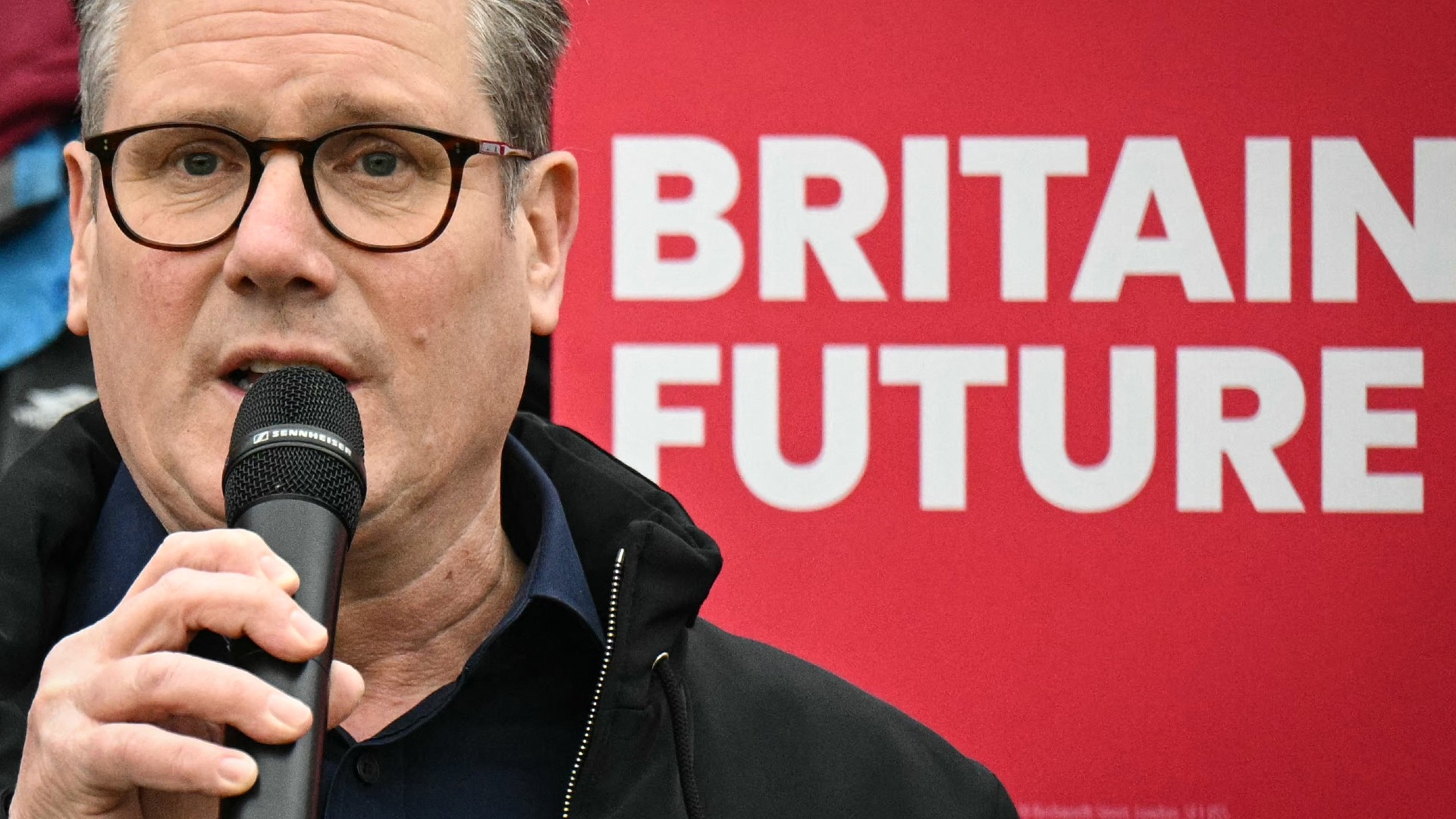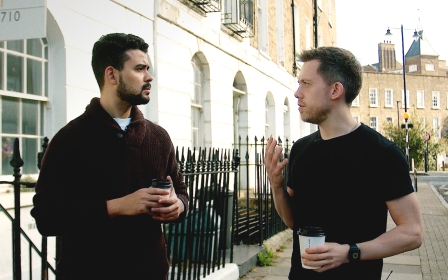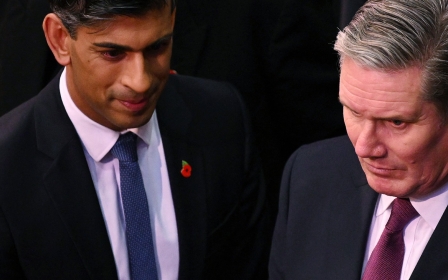UK local elections: Labour must change course to win back the Muslim vote

The signs have been there since October last year, with local councillors sounding the alarm bell, that the Labour Party was losing the support of the UK's Muslim community at a rapid rate.
As local councillors became increasingly disillusioned by Labour's support for Israel, they, along with party members, started leaving it.
Instead of taking a moment to reflect or change the party's position, the Labour Party continued its backing of Israel, with a party source briefing that they were simply “shaking off the fleas”.
This dismissive attitude of the party leadership towards Muslims and the importance of their vote has been a consistent theme for the last six months.
The local election results, as well as the Rochdale by-election, proved that Labour not only underestimated the power of the Muslim vote, but also highlighted the fact that Muslim voters were keen and able to find alternative options to the traditional parties.
Stay informed with MEE's newsletters
Sign up to get the latest alerts, insights and analysis, starting with Turkey Unpacked
In Newcastle’s Elswick ward, a seat which is 39 percent Muslim, the Green Party won with a 36 percent swing from Labour.
In Oldham and Kirklees, Labour lost control of the council with independents and the Greens winning seats. According to Sky News, areas where Muslims constitute 20 percent or more of the population witnessed a notable shift in political dynamics.
The mayoral elections proved that those candidates who have been consistent in supporting a ceasefire in Gaza maintained the support of the Muslim community, with both Andy Burnham and Sadiq Khan winning comfortably.
In the West Midlands, however, Labour's Richard Parker won with a meagre majority of just 1,508 (0.25 percent), despite a huge fall in the vote for the Conservative's Andy Street. Akhmed Yakoob, who stood as an independent, despite not even being invited to the BBC debate, won 69,621 votes (11.7 percent) of the vote.
Potent force
The significance of the Muslim vote transcends mere electoral arithmetic; it embodies a need for a government that aims to represent the needs and values of different communities across the county.
Historically marginalised and subjected to discrimination, Muslim communities have found agency in political participation, demanding accountability and policies that reflect their diverse interests.
Follow Middle East Eye's live coverage of the Israel-Palestine war
By mobilising around shared values and common objectives, Muslim voters have emerged as a potent force in British politics, challenging established narratives and working with their communities for a more just country.
The Muslim Vote campaign (TMV) - which has been endorsed by the Muslim Association of Britain, the Muslim Council of Scotland, the Muslim Council of Wales, Muslim Engagement and Development (Mend), and other Muslim civil society groups - seeks to use the power and influence of the Muslim voter to create a more just society in the UK and abroad.
From a just foreign policy that seeks to hold Israel to account for its actions, to the protection of civil liberties, to increased funding and investment for the NHS and the poorest communities in the UK.
These policy pledges seek to create a country where all groups are allowed to thrive, and where the power and influence of our government is used not to fund oppression but instead to be a source of hope for all.
As evidenced by the 2024 local election results, the Muslim vote matters profoundly in the UK.
Political parties and candidates ignore the concerns and priorities of Muslim voters at their peril, for their sway will only continue to grow, shaping the trajectory of British democracy and reinforcing their importance to a diverse Britain.
In the evolving landscape of British politics, the Muslim vote in the recent elections is testimony to the fact that Muslims are as engaged as ever in the democratic process.
The message is clear. The Labour Party can no longer take for granted the vote of Muslims in the upcoming general election.
Those MPs who were brave enough to take a stand and defend the rights of Palestinians did the correct thing, morally and politically.
The views expressed in this article belong to the author and do not necessarily reflect the editorial policy of Middle East Eye.
Middle East Eye delivers independent and unrivalled coverage and analysis of the Middle East, North Africa and beyond. To learn more about republishing this content and the associated fees, please fill out this form. More about MEE can be found here.






